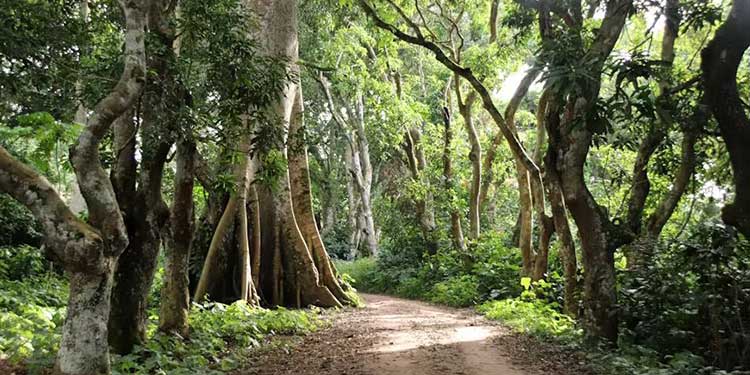
Seven million of the world’s 290 million hectares of planted forests are located in Africa. Only 2 million hectares of newly planted forests have replaced the nearly 100 million hectares of lost forest cover in sub-Saharan Africa during the 1990s. In terms of net imports of processed wood products, the continent is the world’s biggest user of fuelwood.
The social and environmental benefits of investing in sustainable forestry in Africa are enormous. In addition to providing wood that is frequently still obtained from natural forests, forestry businesses create jobs in rural areas and allow for the import substitution and local value addition of their completed wood products.
It is possible to preserve biodiversity and reduce atmospheric carbon emissions through sustainable forestry. Removing credits from verified fresh planting on fallow land provides true carbon sequestration, however the carbon market is beset with debate. It is necessary to set aside portions of planted forests for conserving, maintaining, restoring, or enhancing the diversity of species, genes, and ecosystems in these regions, in accordance with certified forest management practices. Corridors for wildlife and forest degradation can be averted when there is a commercially viable, sustainable forestry enterprise in the vicinity.
The African forestry industry is now poised for growth after overcoming a challenging history. Previously, land acquisitions and community relations were not always handled well, and there was an imbalance in investment, with too much focus on planting and not enough on processing and demand generation. This led to commercial struggles for African forestry companies, making the industry comparatively smaller than its counterparts in Asia, Latin America, and Europe. However, development finance institutions (DFIs), such as BII, have been supporting African forestry from the beginning, learning from past trials and tribulations. Today, good community relations and adherence to the highest environmental standards are recognized as essential for success. Significant investments in downstream processing are now yielding positive results.
The BII Insight report, Investing for effect in African Forestry, defines the current approach, addresses the opportunities and difficulties for effect on people, climate, and biodiversity, and explains why BII is still dedicated to African forestry. The African Forestry Impact Platform (AFIP) and Criterion Africa Partners (CAP) are two sustainable forestry investment private capital vehicles that are highlighted in the paper, along with an investment in Miro in West Africa.
